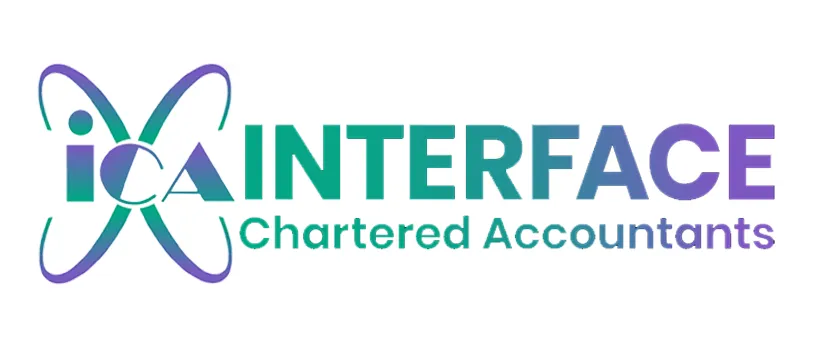The Complete Guide to Self-Assessment Tax Return
Do you have any prior self-assessment tax filing experience? Understanding the ins and outs of self-assessment can be particularly challenging when navigating the tax world. Don’t worry, though; as your reliable tax return accountants, Interface Accountants are here to help you through it and give you the knowledge you require to complete your self-assessment tax return effectively.
What Is A Self-Assessment Tax Return?
Individuals in the UK are required to fill out and submit a self-assessment tax return to HM Revenue and Customs (HMRC) in order to disclose their earnings, outgoings, and other financial information. It is used to figure out how much tax, including income tax, National Insurance payments, and other pertinent taxes, is owed by the person.
Who Needs To File A Self-Assessment Tax Return?
There are a number of situations where you might need to submit a self-assessment tax return. These consist of
Self-Employment: You must submit a self-assessment tax return if you are self-employed and your income exceeds a specific amount.
Rental Income: You must include any rental income you get from a property you own in your self-assessment tax return.
Additional Income: You also need to provide information about any additional income you have in your self-assessment tax return, such as dividends, capital gains, or income from assets.
High Earners: You might need to submit a self-assessment tax return if your income reaches a specific threshold.
Other Circumstances: There are a number of other situations such as receiving income from overseas or claiming specific tax exemptions or deductions, which may necessitate the filing of a self-assessment tax return.
How To Submit A Tax Return Using Self-Assessment?
A self-assessment tax return is filed in various steps. Here’s a how-to manual to walk you through the procedure:
- Sign Up for Self-Assessment: If you haven’t already, you must register with HMRC for self-assessment. The HMRC website offers an online platform for doing this.
- Gather the Data You Need: Gather every piece of data and documentation required to finish your tax return. This contains information about your earnings, expenses, and any necessary tax forms, such as P60 or P45.
- Determine Your Earnings and Expenses: Calculate your taxable income by adding up all of your revenue and subtracting any permitted costs.
Finish the tax return form by filling out the HMRC-provided self-assessment tax return form. Double-check all statistics and calculations, and make sure to include accurate and comprehensive information.
Submit your tax return to HMRC after you’ve finished the form, you can complete the process online through the HMRC website.
- Pay any Taxes Due: If your self-assessment indicates that you owe any taxes, you must pay them to HMRC by the deadline. Penalties and interest may apply if a payment is not made on time.
Maintain records, and keep track of all your earnings, outgoings, and supporting paperwork for at least five years following the deadline for submission. This is crucial in the event that HMRC conducts audits or investigations in the future.
Important Filing Dates for Self-Assessment
The deadlines for filing self-assessment tax returns must be understood. The following are the crucial dates:
- The end of the UK tax year is April 5.
- The deadline for submitting paper tax returns is October 31st.
- The deadline for filing an online tax return and paying any taxes is January 31st.
Ahead-of-time filing can assist you in avoiding the last-minute rush and significant fines for late submission.
Get Help Filing Your Self-Assessment
You can get help from qualified tax accountants, like Interface Accountants if the procedure of preparing a self-assessment tax return overwhelms or confuses you. They can advise you, guarantee accuracy, and assist you in maximizing your tax-saving potential.
Remember that in order to comply with HMRC laws and avert fines, you must complete your self-assessment tax return accurately and on time. You may successfully manage the process and fulfill your tax obligations with the correct information and assistance.
Conclusion
A self-assessment tax return needs not to be difficult to complete. You may finish your tax return accurately and on time by comprehending the procedure, acquiring the required data, and getting help if necessary. To ensure a smooth tax filing process, take the time to familiarise yourself with the rules and requirements, and keep good records.
 Skip to content
Skip to content

